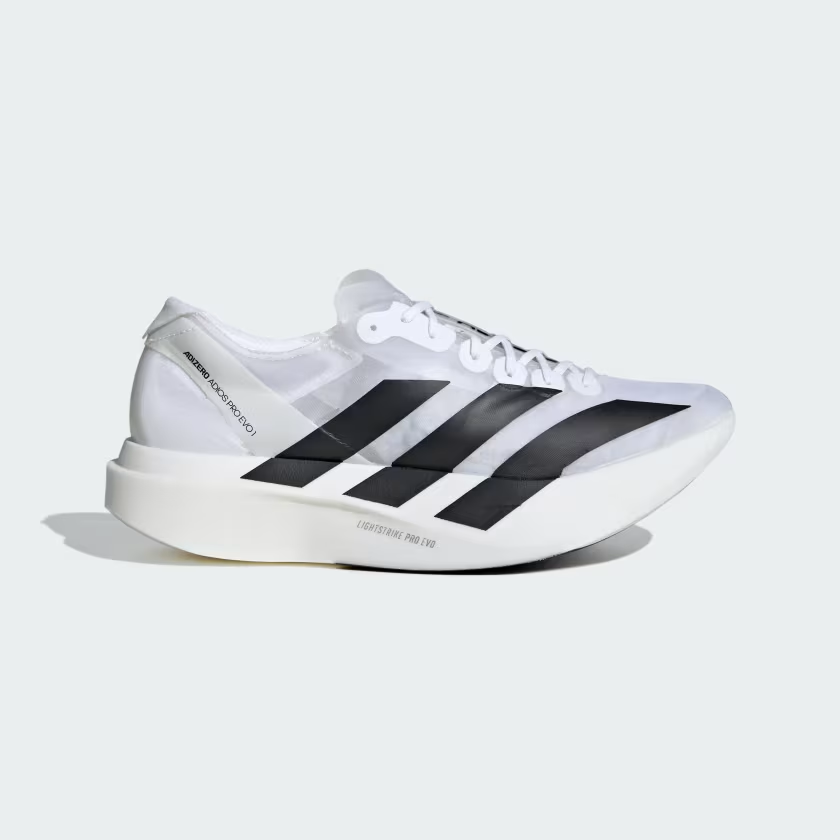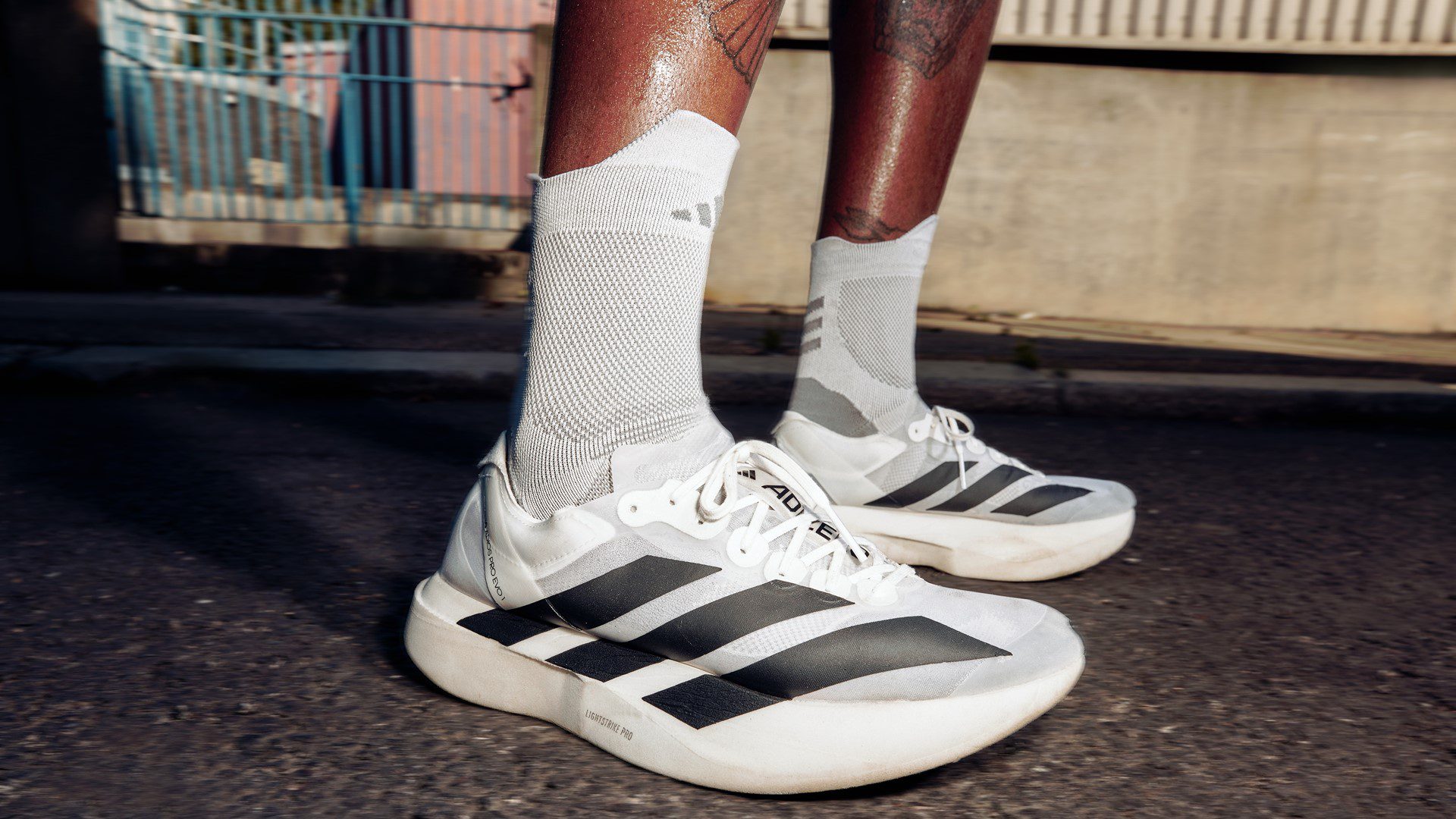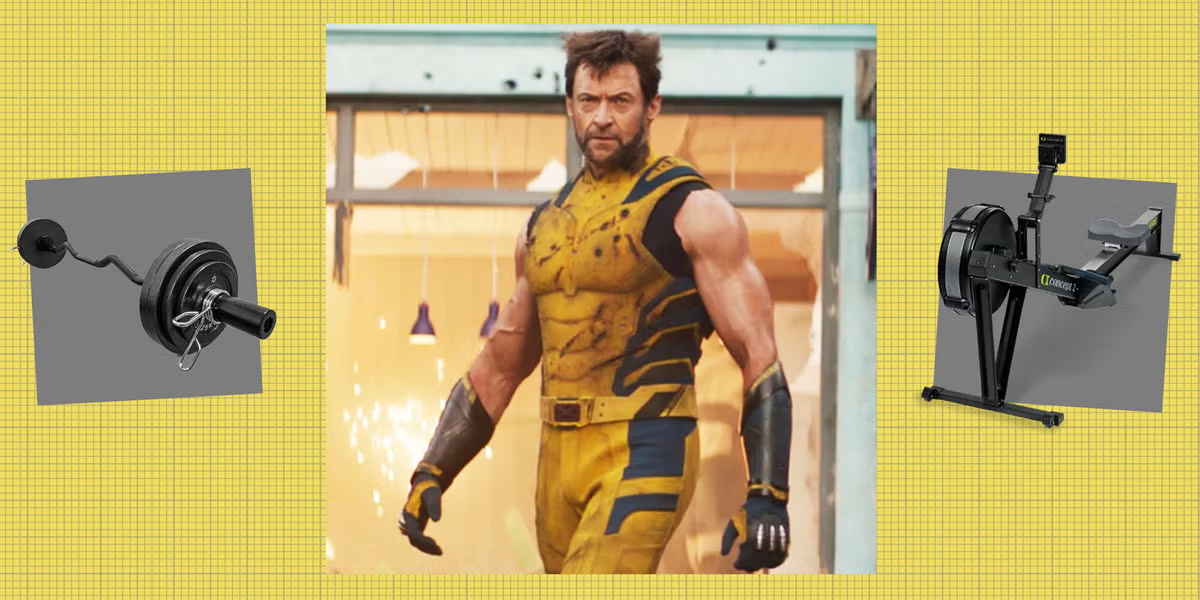FOR MANY, the Olympic marathon is the ultimate test of who the world’s best long-distance runner is. For others, it represents a chance to see what the best running shoe on the market is and plan their next purchase – and take it from us, all the big running brands see it the same way. Footwear providers design their fastest shoes with the goal of having them on the feet of the Olympic marathon winner. It’s a far more effective form of endorsement than a billboard or unskippable YouTube ad.
After three years of innovation in the time since the last Olympics, all the big boys came out to play in Paris. This year, supershoes reigned supreme, with most runners opting for a carbon-plated shoe with superior energy return. In the end, it was Ethiopian Tamirat Tola who crossed the line first while wearing an Adidas shoe, its standout features being that it’s the lightest marathon shoe ever made and that it costs a whopping $750. That’s likely out of most casual runners’ price ranges, but it will now be the most sought-after running shoe on the planet.
Perhaps a sold-out shoe that costs close to $1,000 isn’t your style. If that’s the case, allow us to break down the loadouts of every top ten finisher in the Olympic marathon. But fair warning, none of these are cheap.
What shoes did the Olympic marathon winners wear?
Adidas Adizero Adios Pro Evo 1

Worn by: Tamirat Tola (1st), Benson Kipruto (3rd), Emile Cairess (4th)
With the Aidzero Adios Pro Evo 1 on the feet of three of the top four runners in the Olympic marathon, Adidas may have been the real winners in Paris. Ethiopia’s Tamirat Tola won gold in an Olympic record time, which we have to assume is at least partially due to his fancy footwear.
As Adidas says, the Pro Evo 1 is “Astonishingly light and shamelessly fast”. It’s the lightest marathon shoe ever created, and at just 138 grams, it’s 40 per cent lighter than anything else Adidas makes. We’re certain how lightweight the Pro Evo 1 is will impact the direction of the performance footwear industry. Shoes have been cutting down on excess weight for years, but it usually comes at the expense of support. The Pro Evo 1 works around this with an enhanced rocker profile in the forefoot, which makes for a more comfortable feel and was proven to improve running economy.
ASICS Metaspeed Edge Paris

Worn by: Bashir Abdi (2nd), Clayton Young (9th)
The version of the Metaspeed Edge that was designed specifically for the Paris Olympics helped Belgian juggernaut Bashir Abdi improve from bronze at Tokyo 2020 to silver this time around. Although, part of the shoe’s effectiveness can be put down to how well it suits Abdi. The Paris edition of the Metaspeed Edge alters the positioning of its carbon plate, with the plate dipping slightly lower in the forefoot for angled energy return. This design suits runners who take short, quick strides and transition from heel to toe more quickly.
At $330, it’s at least significantly more affordable than its rival from Adidas.
Nike Vaporfly 3

Worn by: Deresa Geleta (5th), Conner Mantz (8th)
Back in 2016, all three podium finishers in the Rio Olympic marathon were wearing an unreleased prototype of the Vaporfly 1, the first shoe to utilise a carbon-plated midsole. Eight years on, the line is still producing winners, with two top ten finishers in Paris. Building on the pedigree of previous Vaporflys, the Vaporfly 3 reduces outsole weight while adding more ZoomX foam and perfecting the design for smoother transitions.
New Balance SuperComp Elite V4

Worn by: Akira Akasaki (6th)
New Balance has been making massive strides lately and is starting to be seen alongside Nike and Adidas as a titan of performance footwear. Now, it’s had a top ten finisher in the Olympic marathon wear its latest race day shoe. The SuperComp Elite v4, which released earlier this year, features an extremely lightweight construction, a full-length carbon plate in the midsole and high-level energy-return – which, according to New Balance’s sports research lab, is 4 per cent more powerful than its predecessor.
Read our full review of the SC Elite V4 here.
Xtep 160X 5.0 Pro

Worn by: Tebello Ramakongoana (7th)
You can’t even get products made by Chinese company Xtep in Australia, but its shoes are clearly effective. The 5.0 is the first shoe in Xtep’s 160X line since the 3.0 because apparently, four is an unlucky number in China and Xtep didn’t want that bad luck hanging over them. With a carbon-plated midsole and ultra-lightweight build, the 160X 5.0 Pro may have bestowed some good luck upon Lesotho’s Tebello Ramakongoana, who ran a personal best and set a new national record at the Olympics while wearing it.
Li-Ning Feidian Ultra 4

Worn by: Samson Amare (10th)
Another Chinese footwear brand in the top ten, Li-Ning provided the shoe of choice for Eritrean runner Samson Amare, who rounded at the top ten at the Olympics. Again, the shoe is tough to find in Australia, but if you can get your hands on it, it shouldn’t let you down. Like every other shoe in the top ten, the Feidian Ultra 4 has a carbon plate in its midsole to go with its lightweight yet durable construction and responsive foam.
Related:















